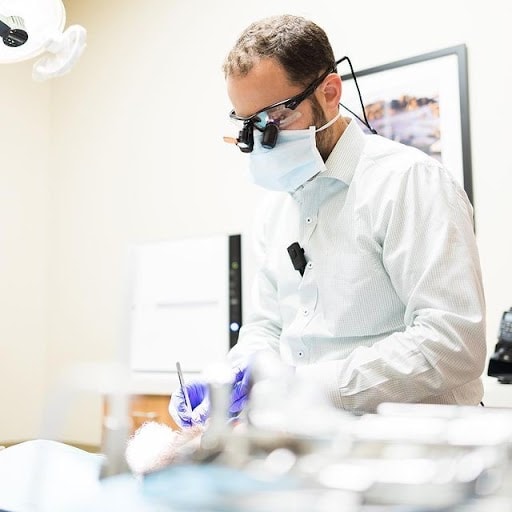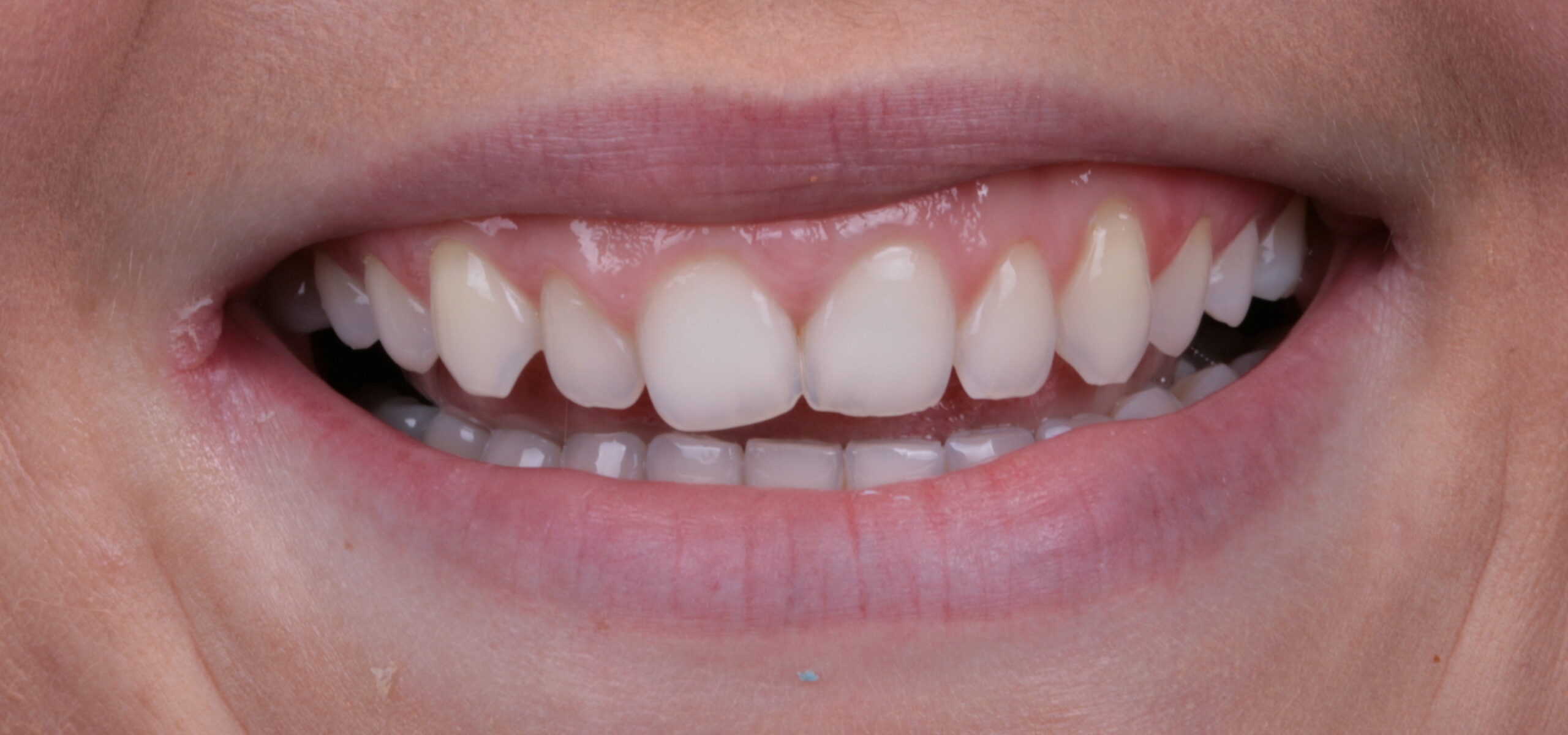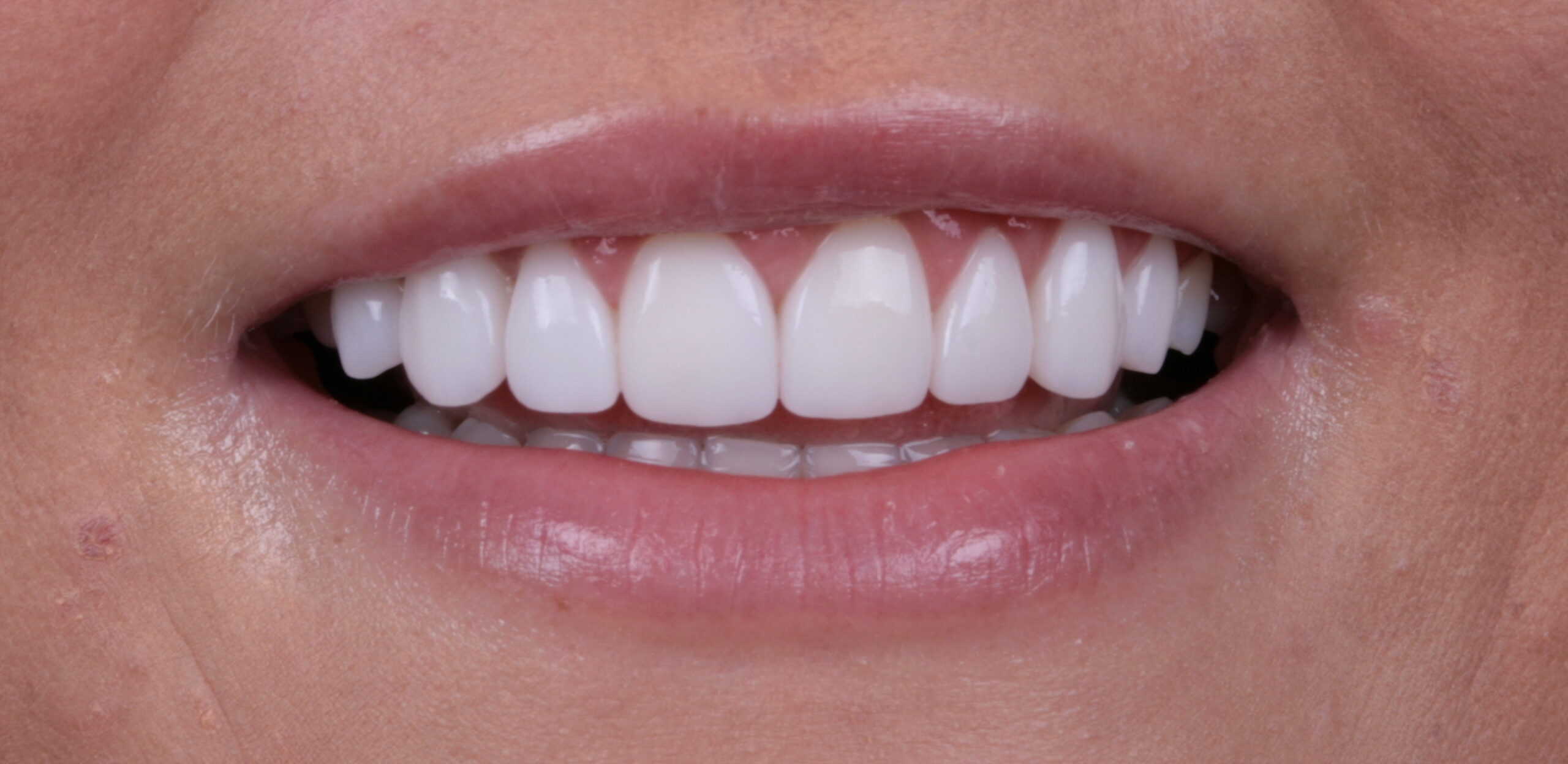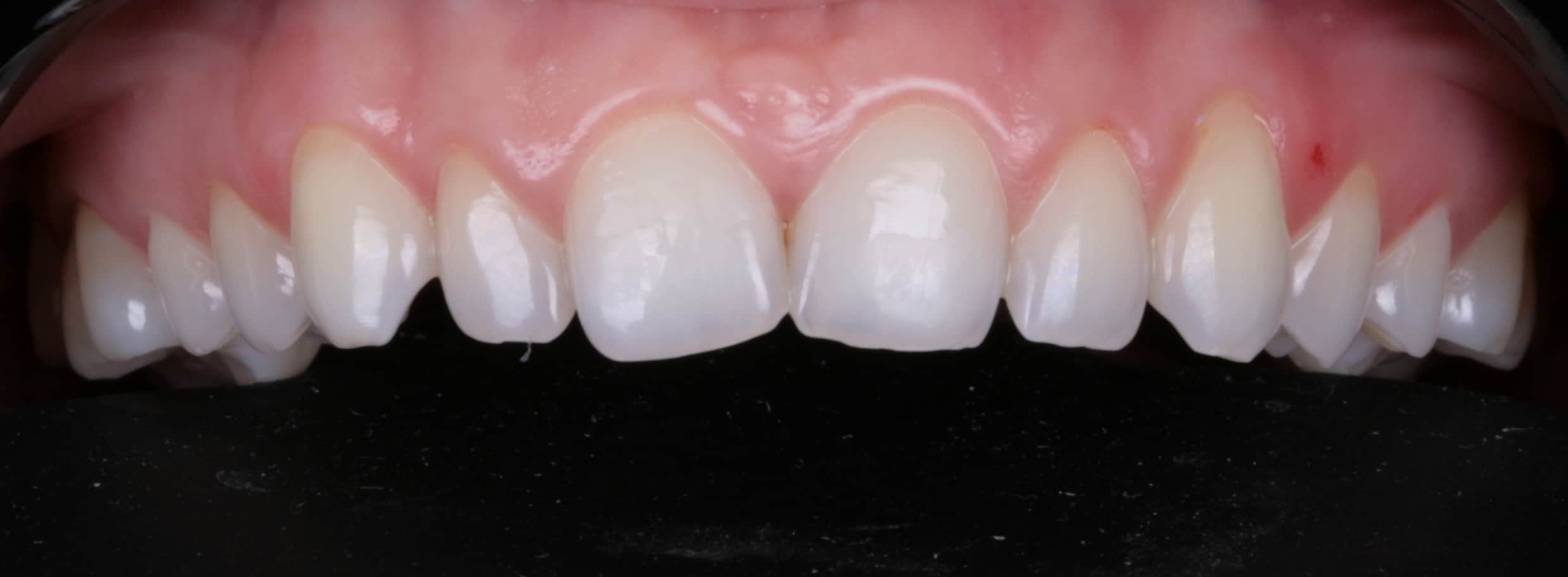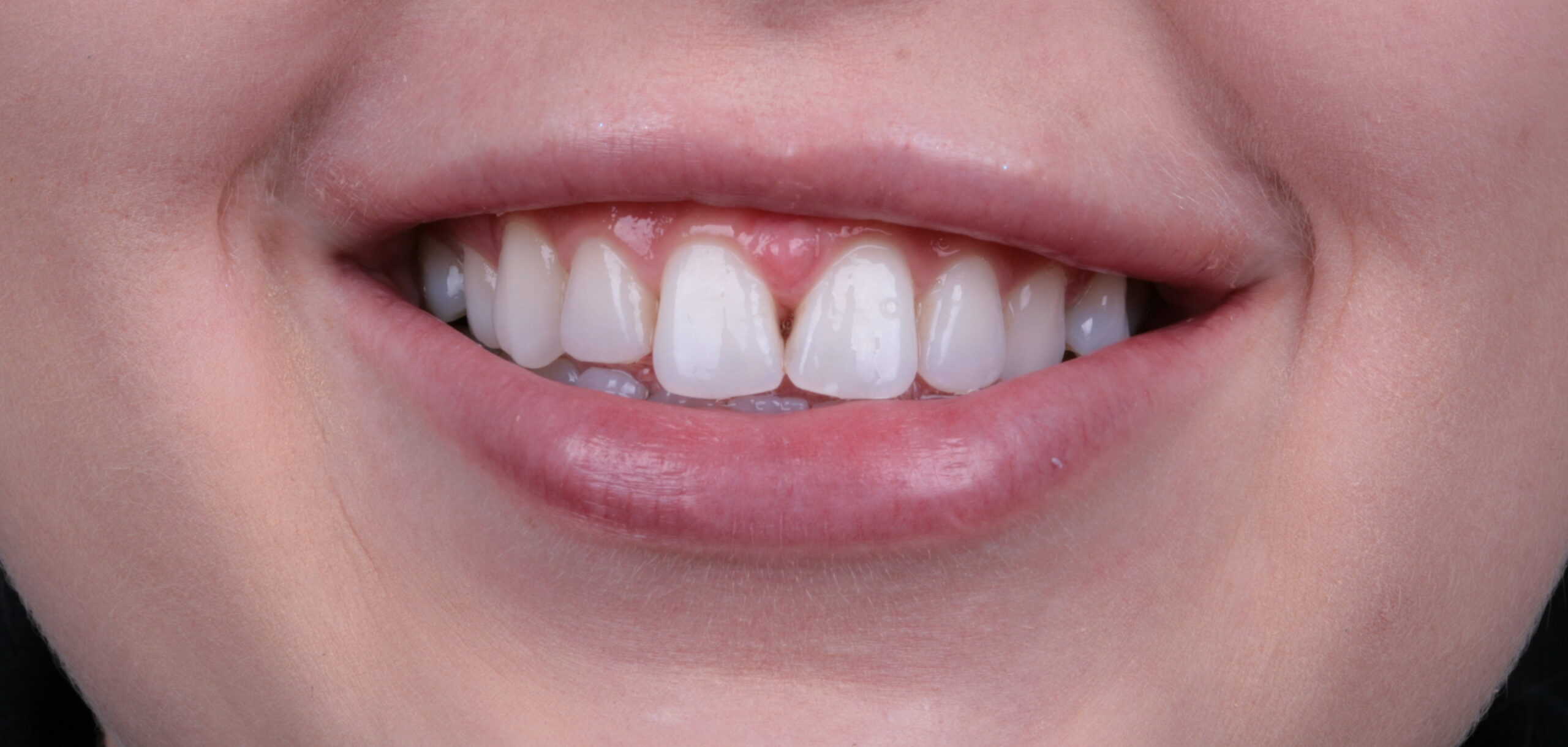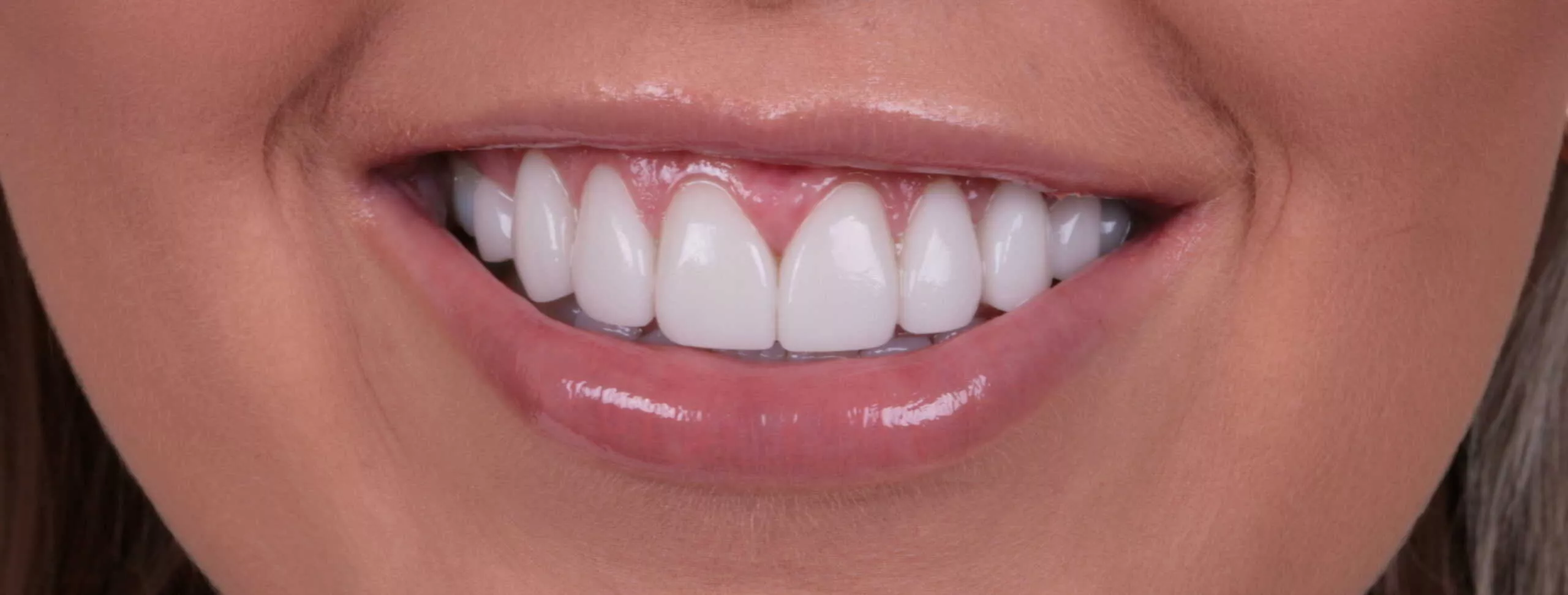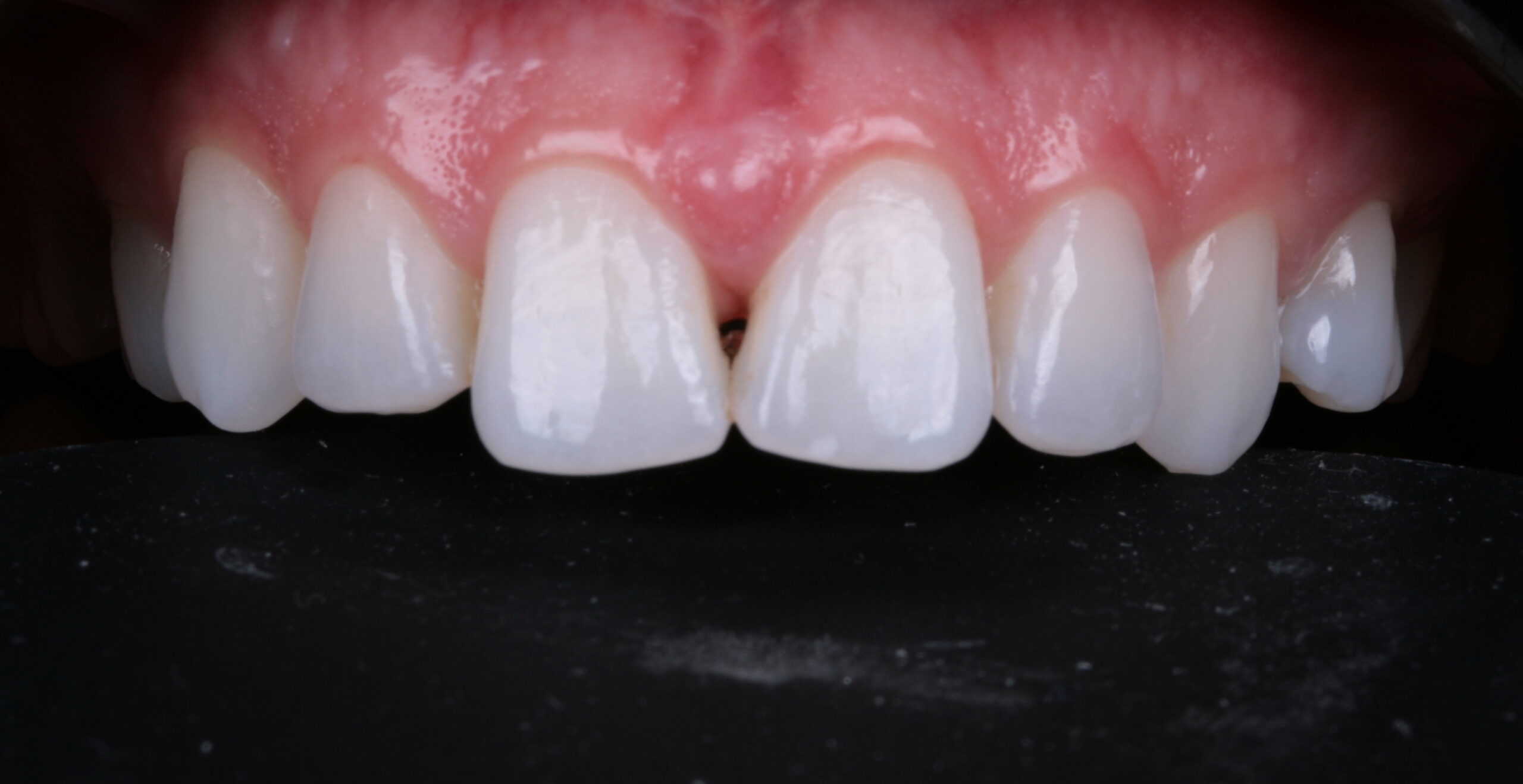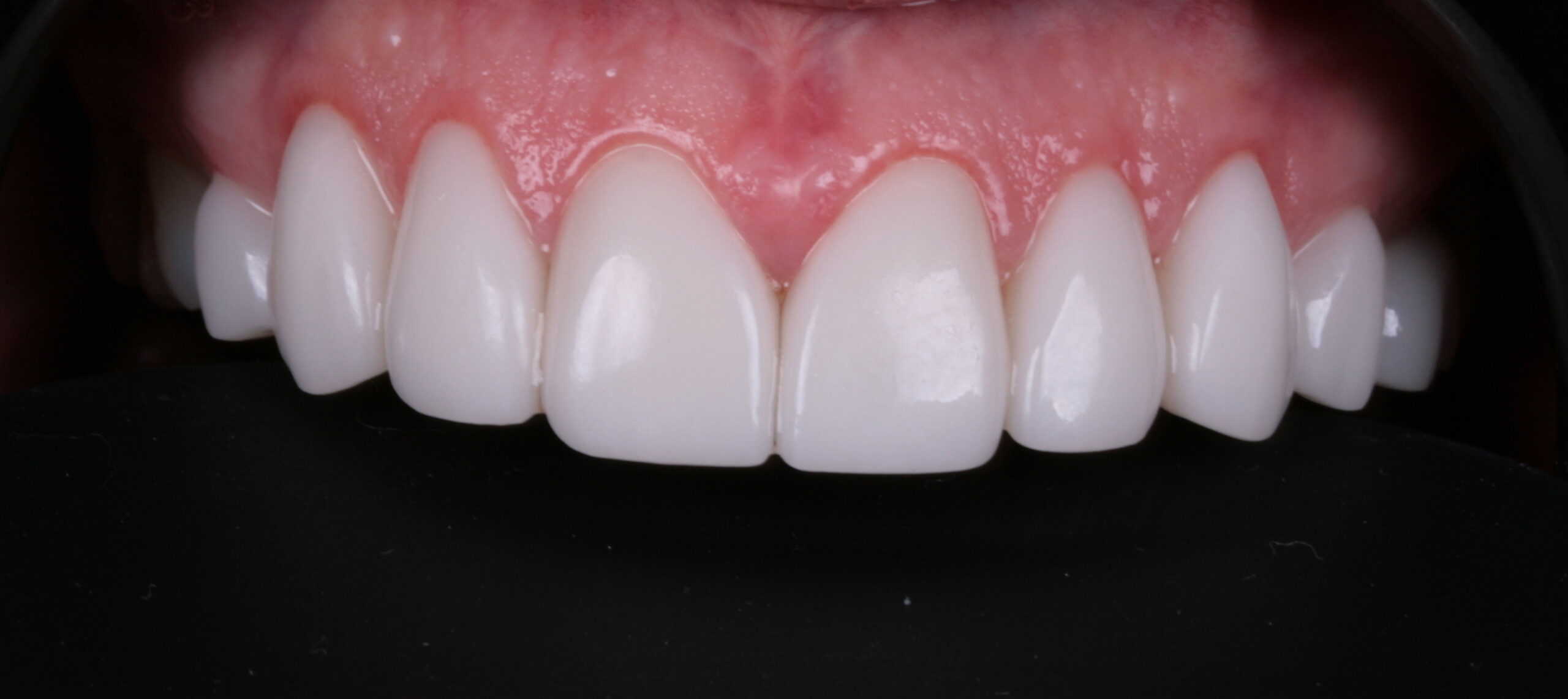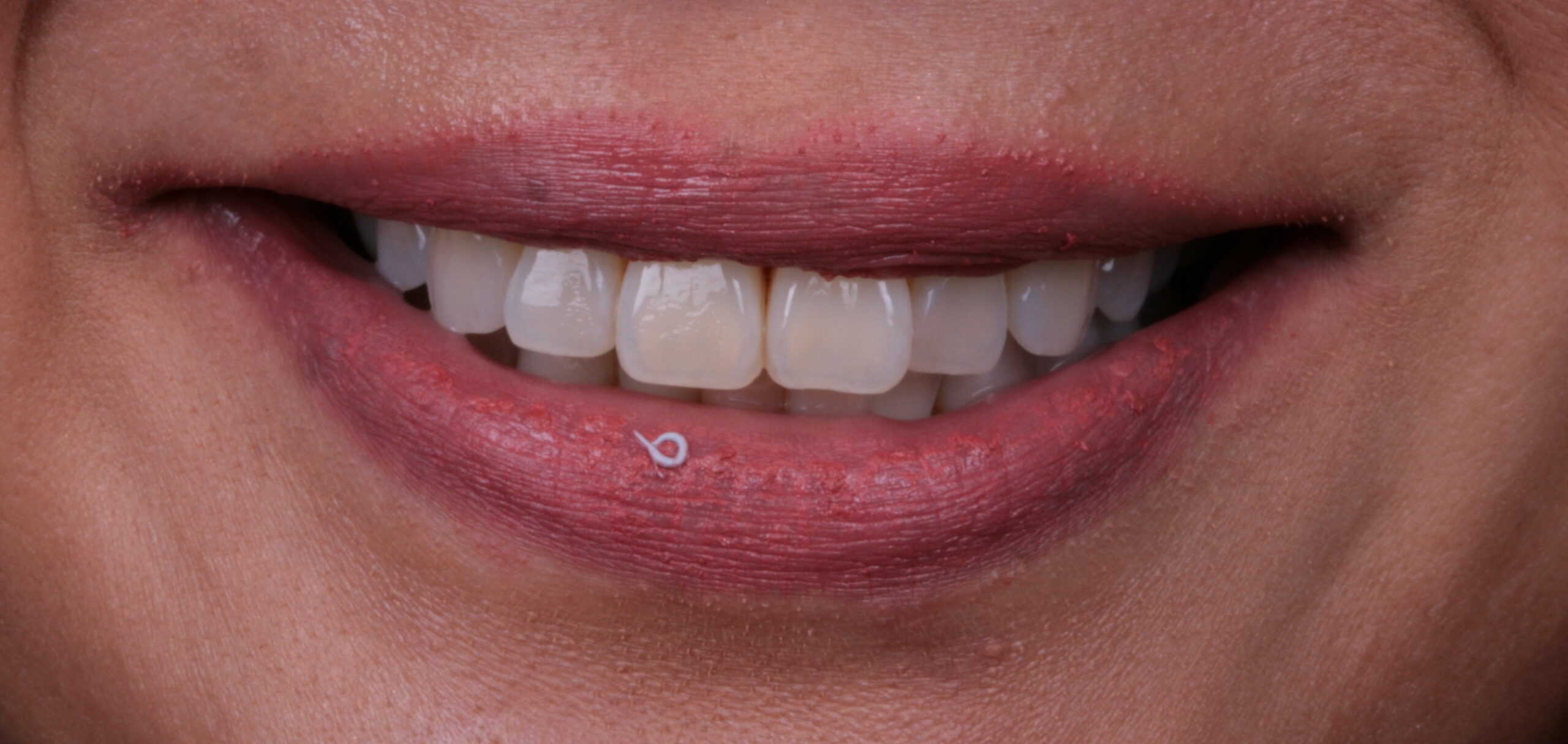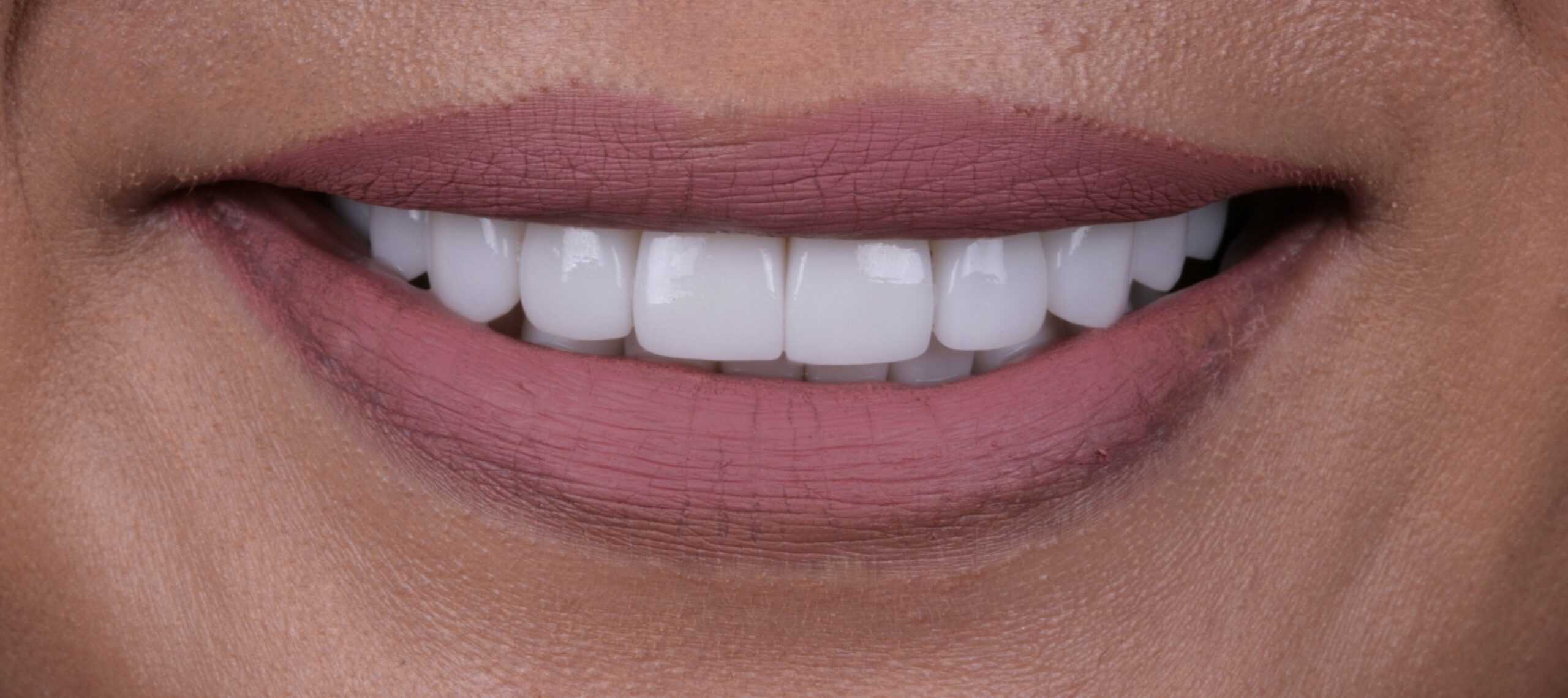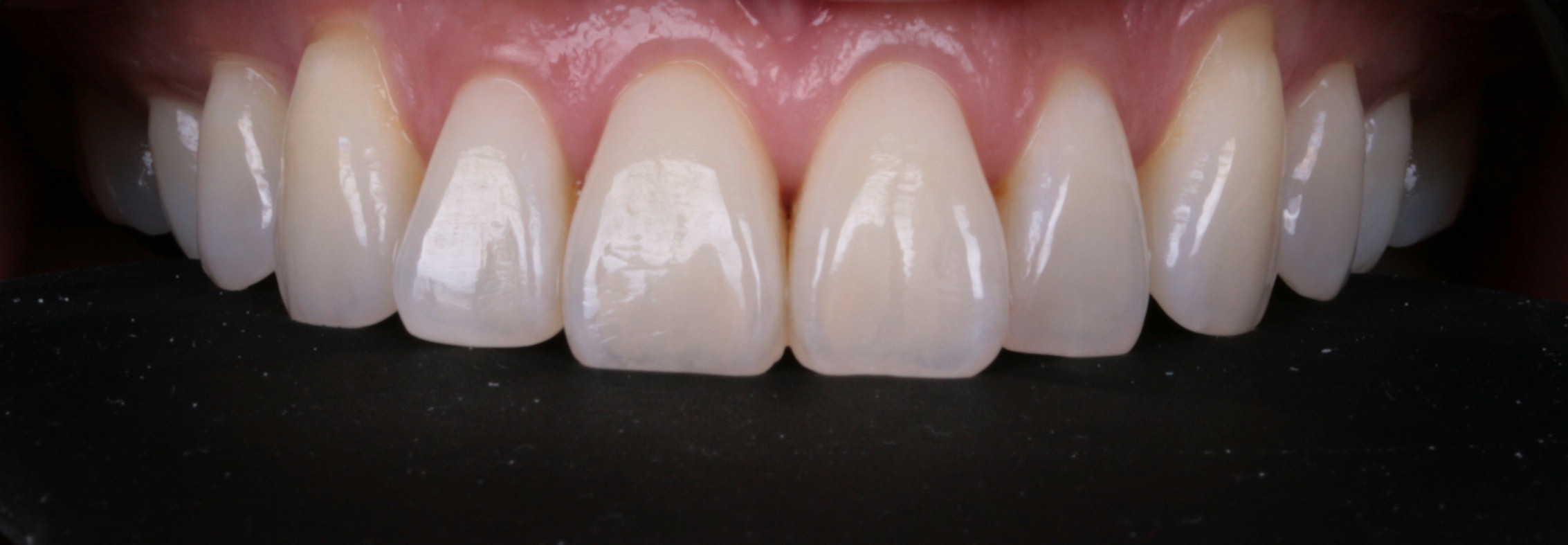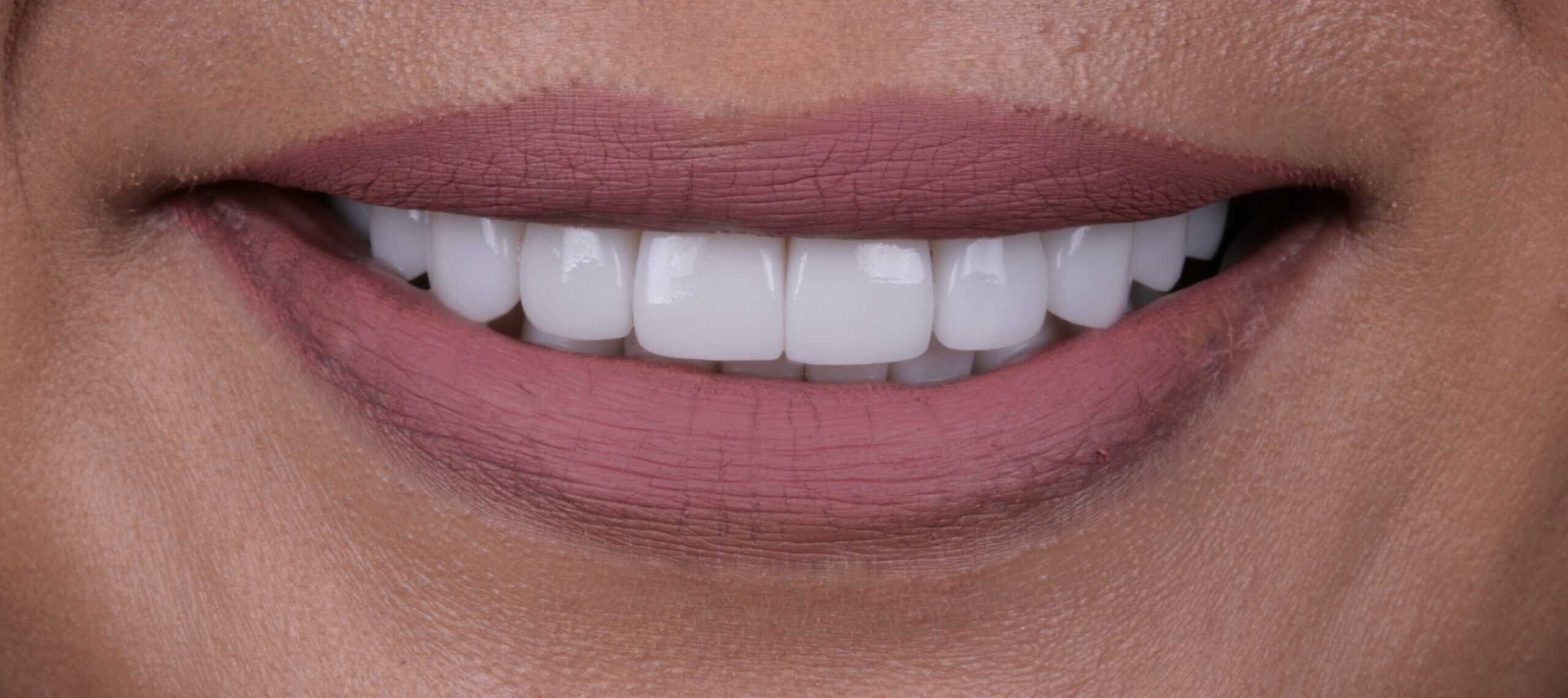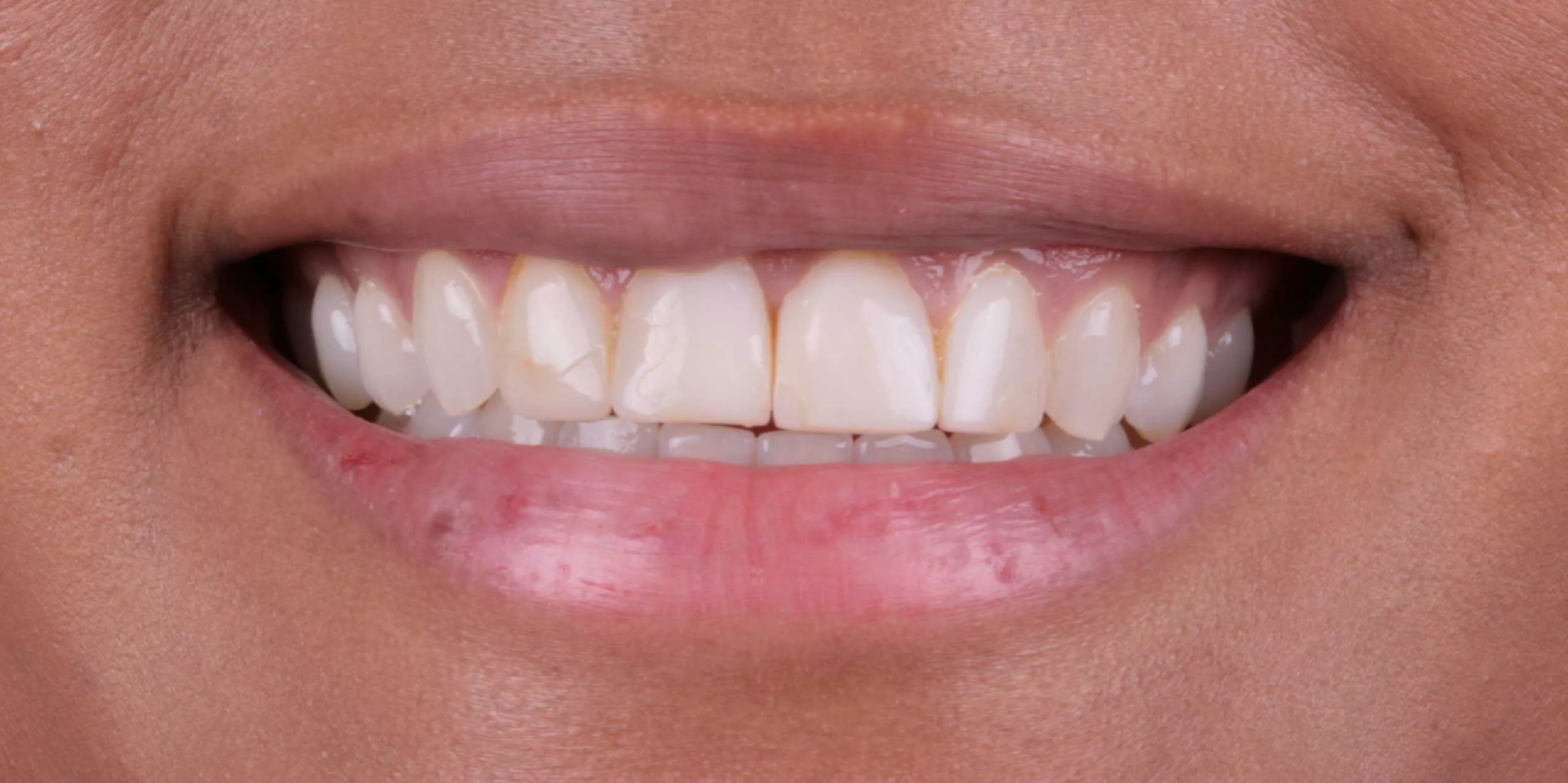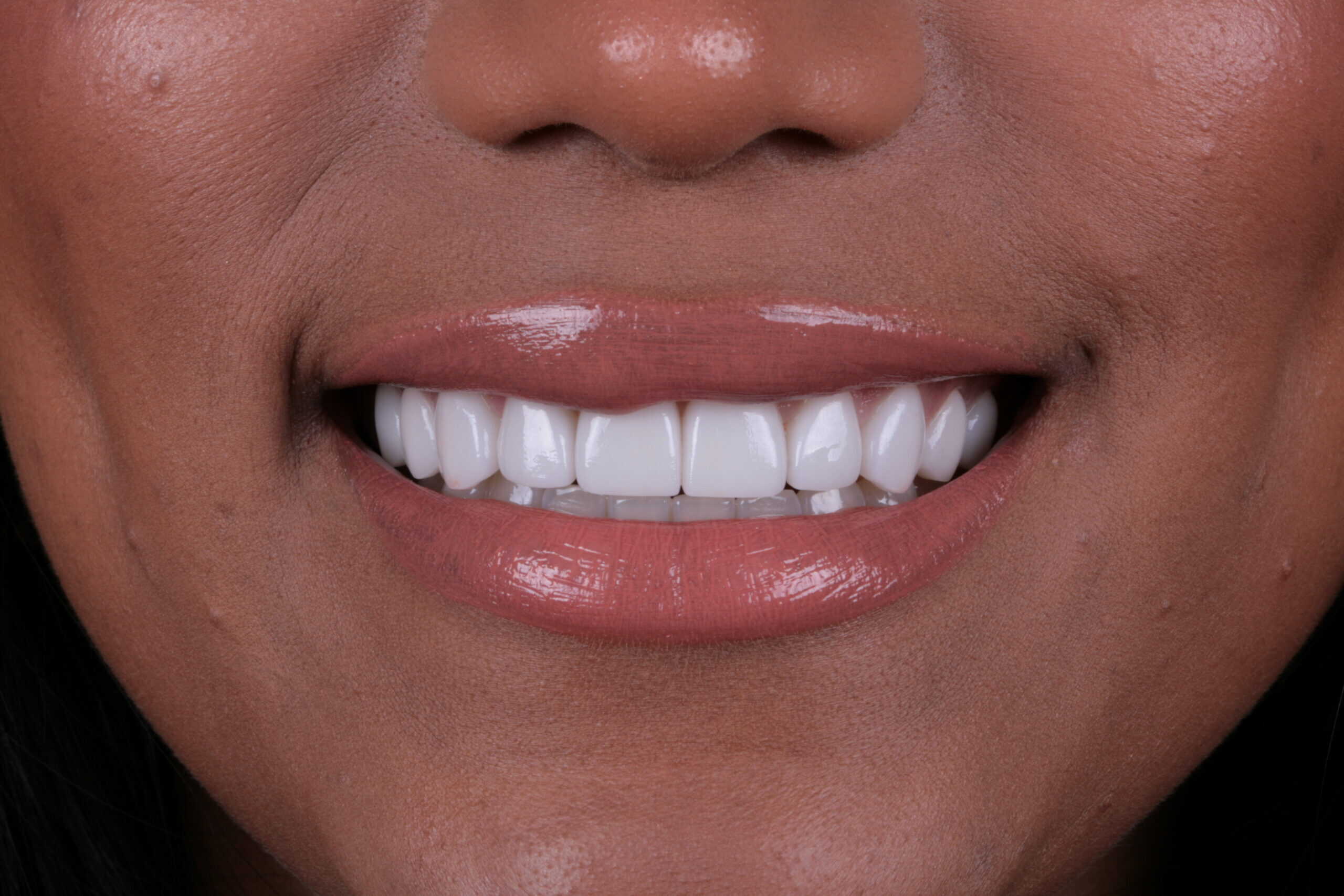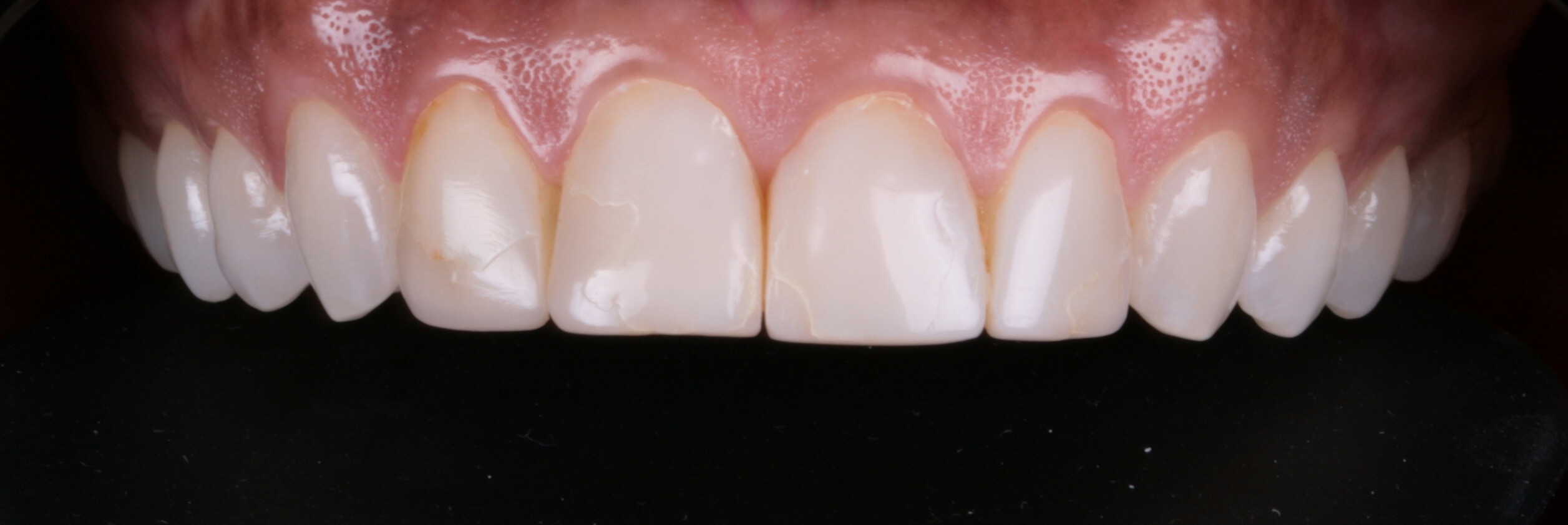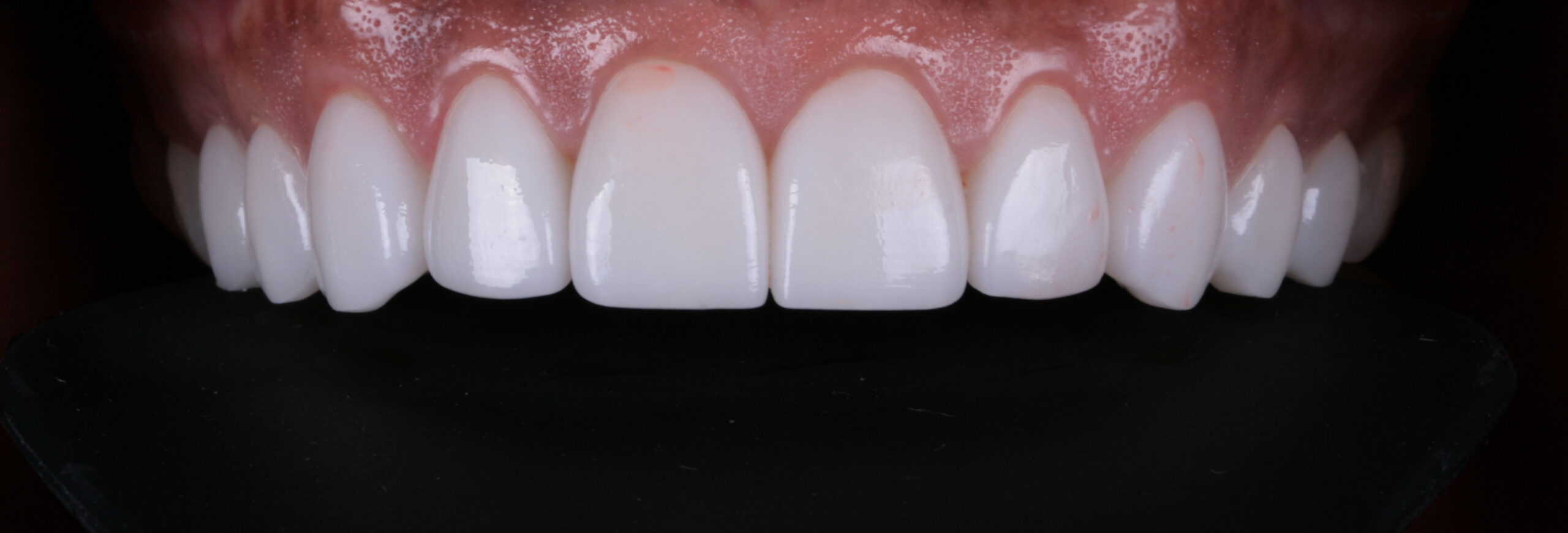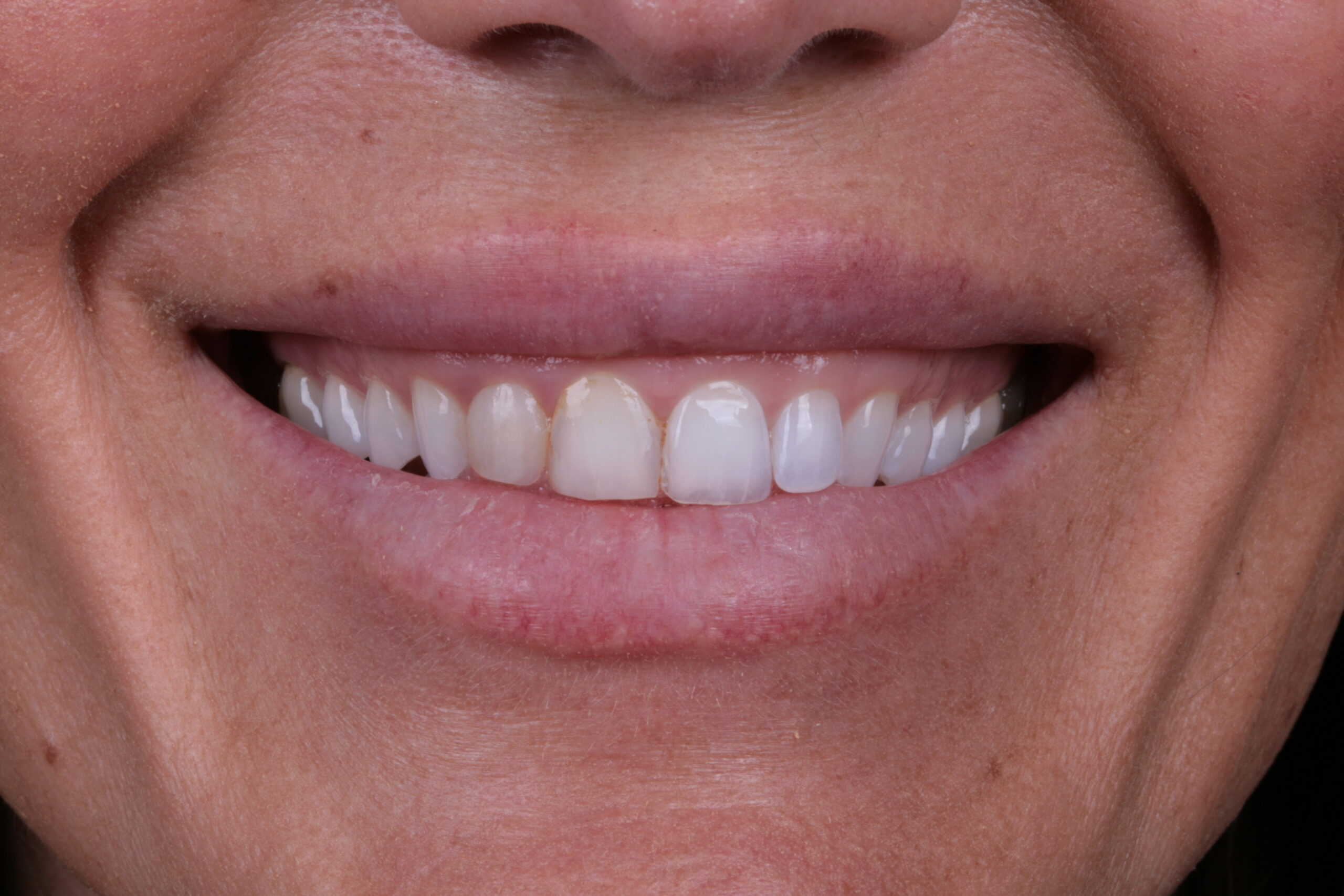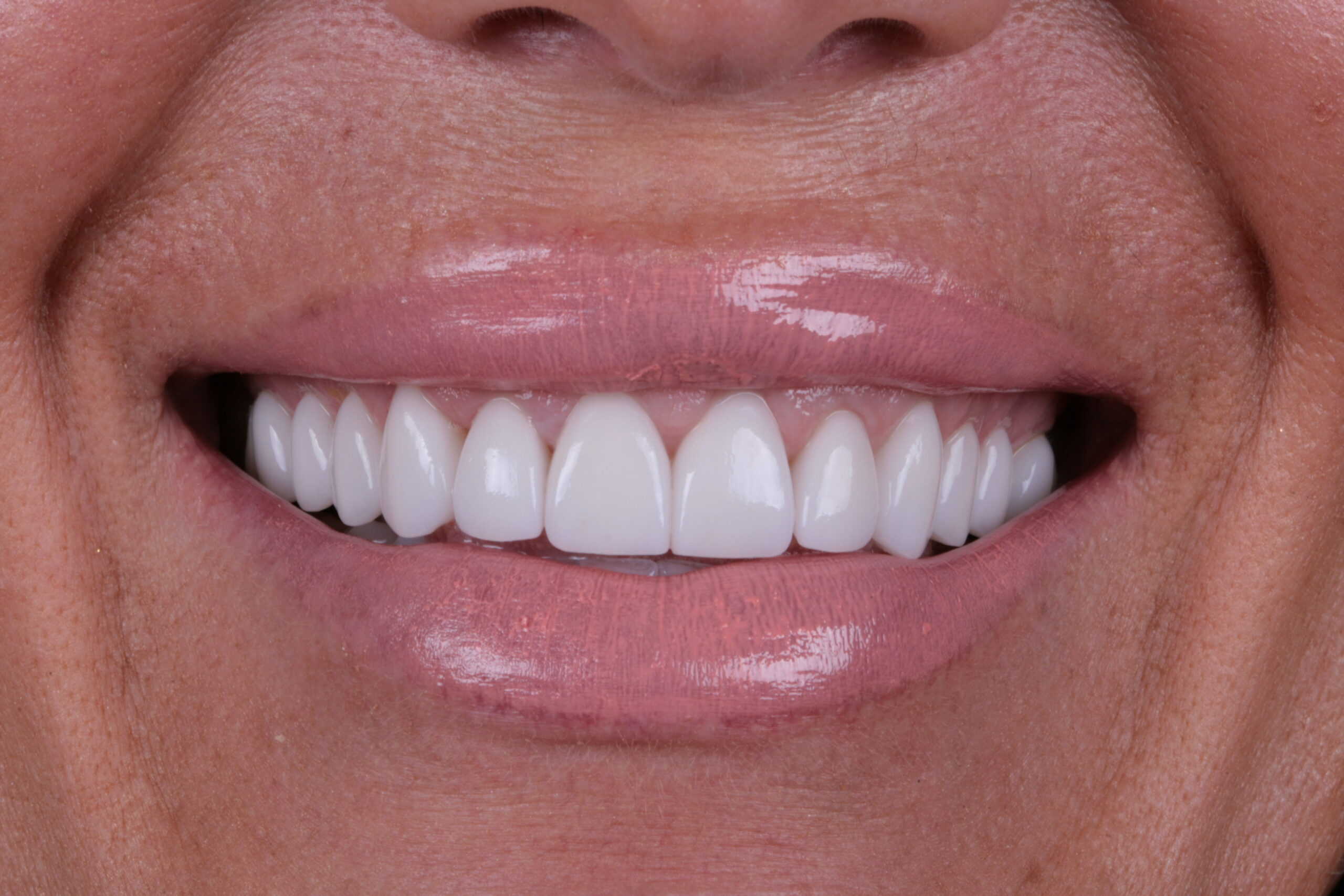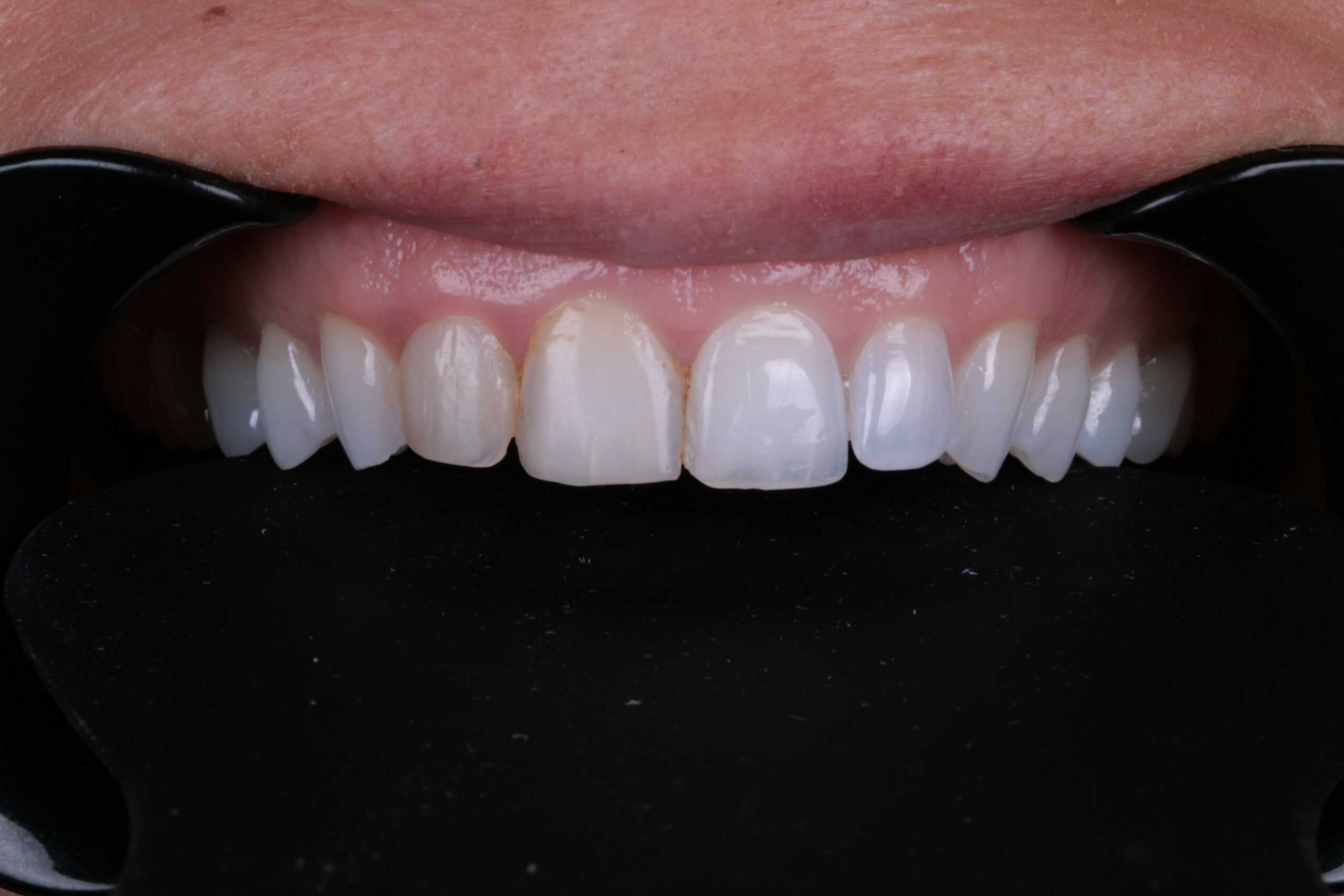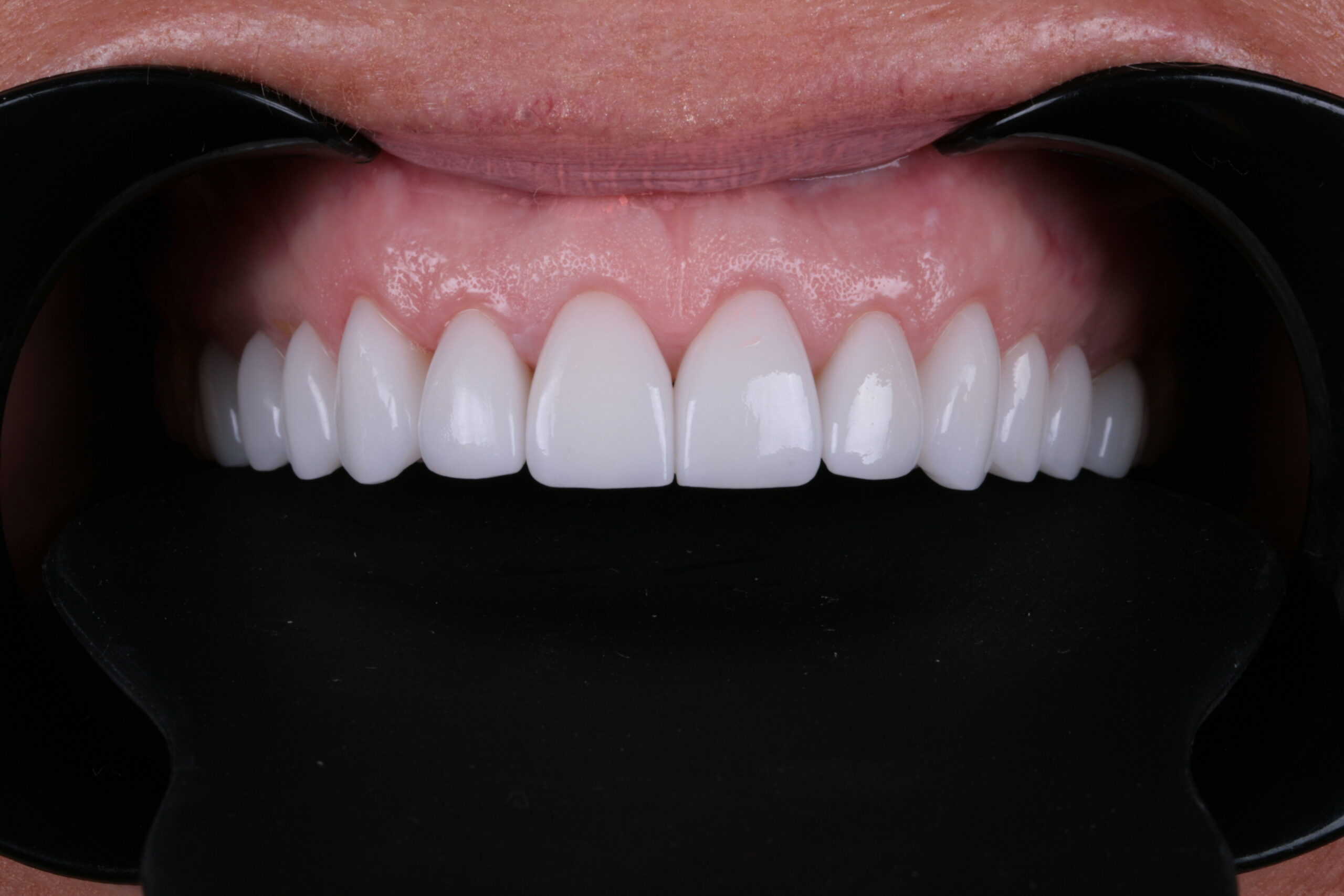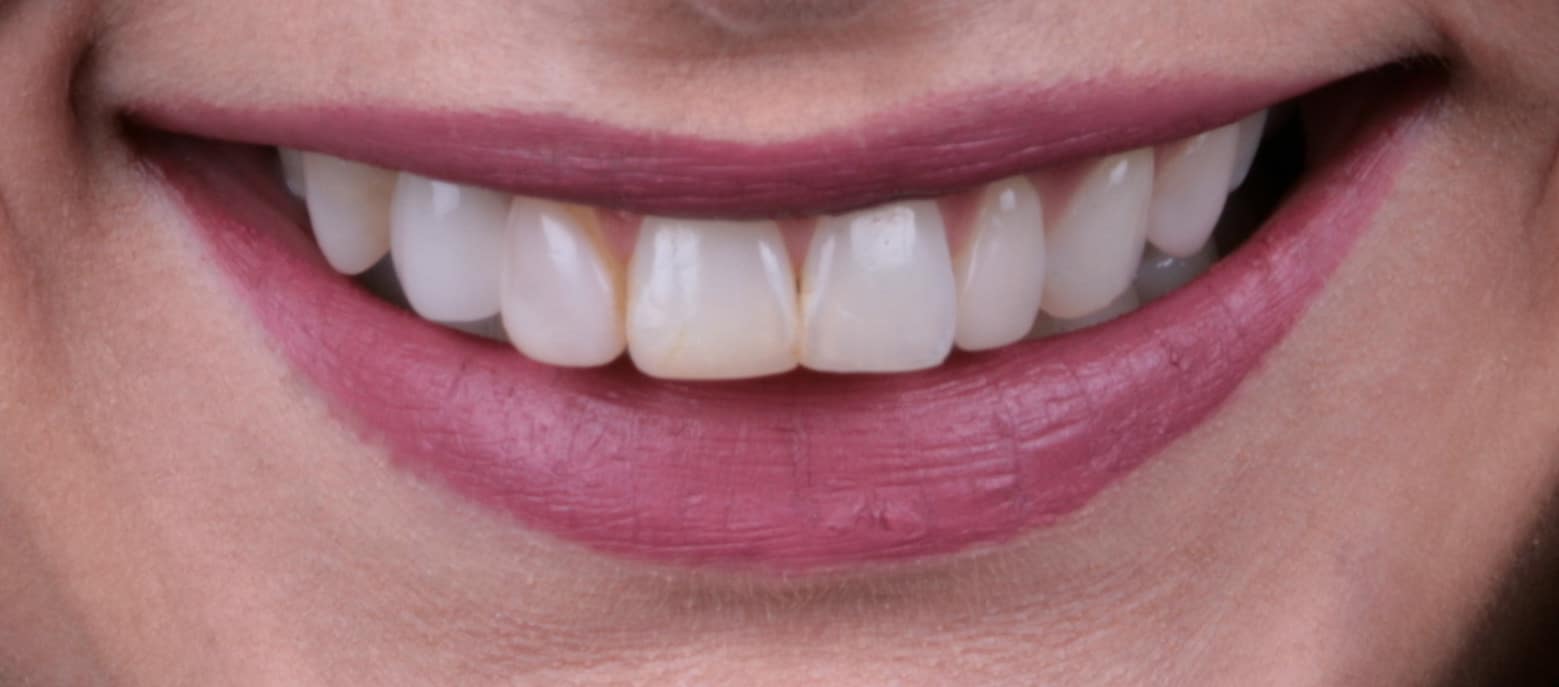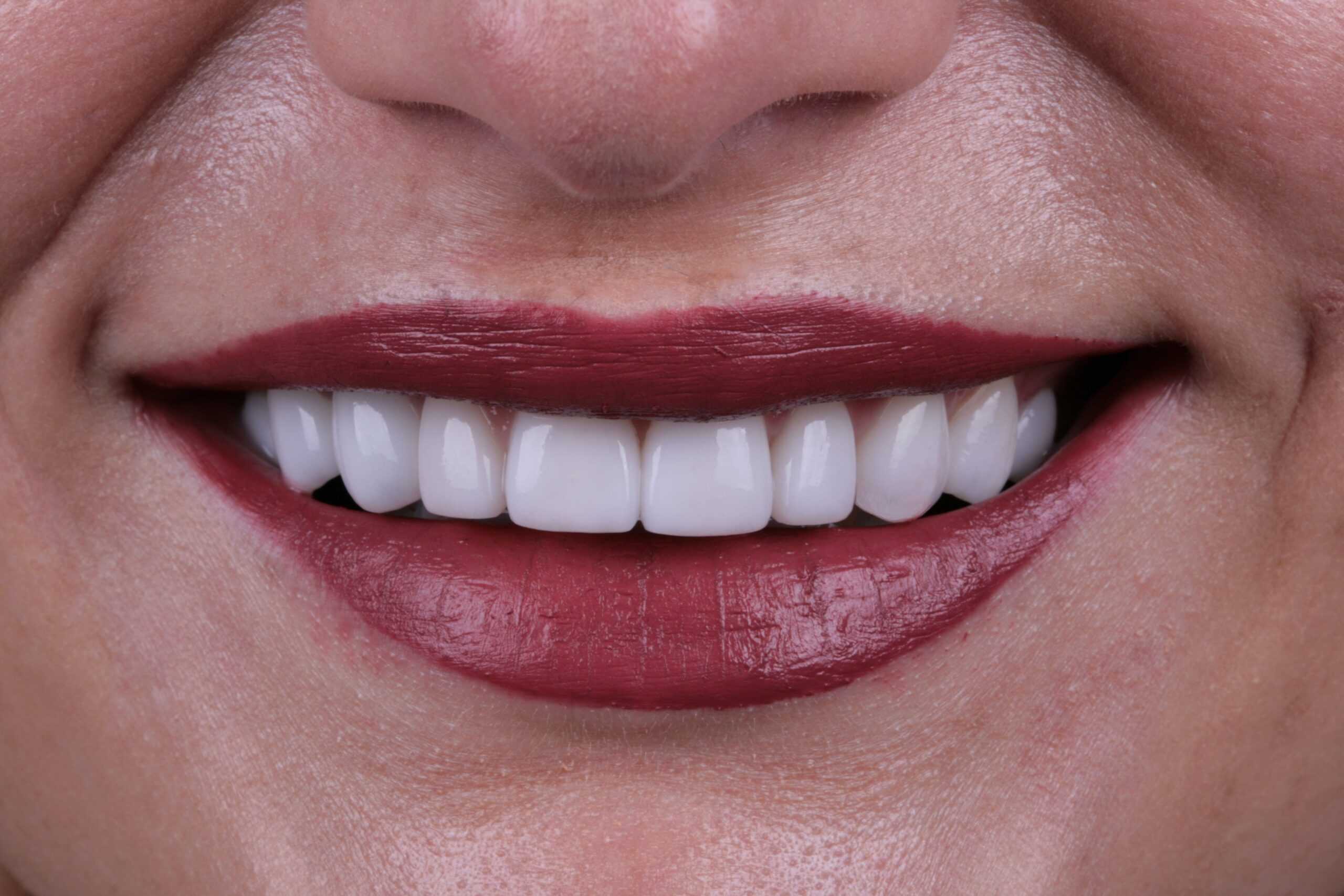I introduction
Gum disease, or periodontal disease, is a common oral health issue affecting many people worldwide. It is characterized by inflammation and infection of the gums, which can lead to complications if left untreated. One of the primary signs of gum disease is bleeding gums. This article will explore the signs, symptoms, and prevention methods associated with gum disease, providing valuable insights into maintaining optimal oral health.
Understanding Gum Disease
Gum disease occurs when bacteria in the mouth form plaque, a sticky film that builds up on the teeth. If not removed through regular brushing and flossing, the plaque hardens and turns into tartar, which can only be removed by a professional dental cleaning. Tartar buildup causes the gums to become inflamed and irritated, leading to gum disease.
Signs and Symptoms
Bleeding Gums: One of the most common signs of gum disease is bleeding gums. You may notice blood on your toothbrush or dental Floss when you brush or floss your teeth. This is an indication of gum inflammation and should not be ignored.
Swollen and Red Gums: Healthy gums should appear pink and firm. However, if your gums are swollen and red, it could be a sign of gum disease. The inflammation causes the gums to become tender and sensitive.
Lousy Breath: Persistent bad breath, also known as halitosis, can be an early sign of gum disease. The bacteria in the mouth release toxins, resulting in an unpleasant odor.
Receding Gums: As gum disease progresses, the gums may reduce or pull away from the teeth. This can make the teeth appear longer than usual and expose the tooth roots, leading to tooth sensitivity.
Loose Teeth: Advanced gum disease can cause the supporting structures of the teeth to weaken, leading to loose teeth. If not treated promptly, tooth loss may occur.
Pain or Discomfort: Gum disease can cause pain or discomfort in the gums, especially when chewing or brushing. This can significantly impact your daily life and oral hygiene routines.
Prevention and Treatment
Preventing gum disease is essential for maintaining good oral health. Here are some effective preventive measures:
Brush and Floss Regularly: Brush your teeth at least twice daily using a soft-bristled toothbrush and fluoride toothpaste. Floss daily to remove plaque and debris between the teeth and the gum line.
Use Mouthwash: Rinse your mouth with an antimicrobial to reduce bacteria and plaque buildup. Choose a mouthwash that is designed explicitly for gum health.
Maintain a Healthy Diet: A well-balanced diet with plenty of fruits and vegetables can boost your immune system and help fight gum disease. Limit sugary and acidic foods, as they can contribute to tooth decay and gum problems.
Quit Smoking: Smoking weakens the immune system and makes it harder for the body to fight off infections, including gum disease. Quitting smoking can significantly improve your oral health.
Schedule Regular Dental Check-ups: Visit your dentist regularly for professional cleanings and check-ups. Your dentist will be able to detect early signs of gum disease and provide appropriate treatment.
If you already have gum disease, your dentist may recommend the following treatments:
Scaling and Root Planing: This deep cleaning procedure removes plaque and tartar from the teeth and root surfaces, helping to eliminate bacteria and promote gum healing.
Antibiotics: In some cases, antibiotics may be prescribed to control infection and reduce inflammation.
Surgical Interventions: Advanced stages of gum disease may require surgical treatments such as flap surgery or bone grafting to repair damaged gum tissues and restore the supporting structures of the teeth.
Conclusion
Maintaining healthy gums is crucial for overall oral health. By understanding the signs, symptoms, and preventive measures associated with gum disease, you can take proactive steps to protect your gums and prevent complications. Remember to practice good oral hygiene, visit your dentist regularly, and seek professional help if you notice any signs of gum disease. You can keep your gums healthy and enjoy a beautiful smile for years with proper care and attention.

